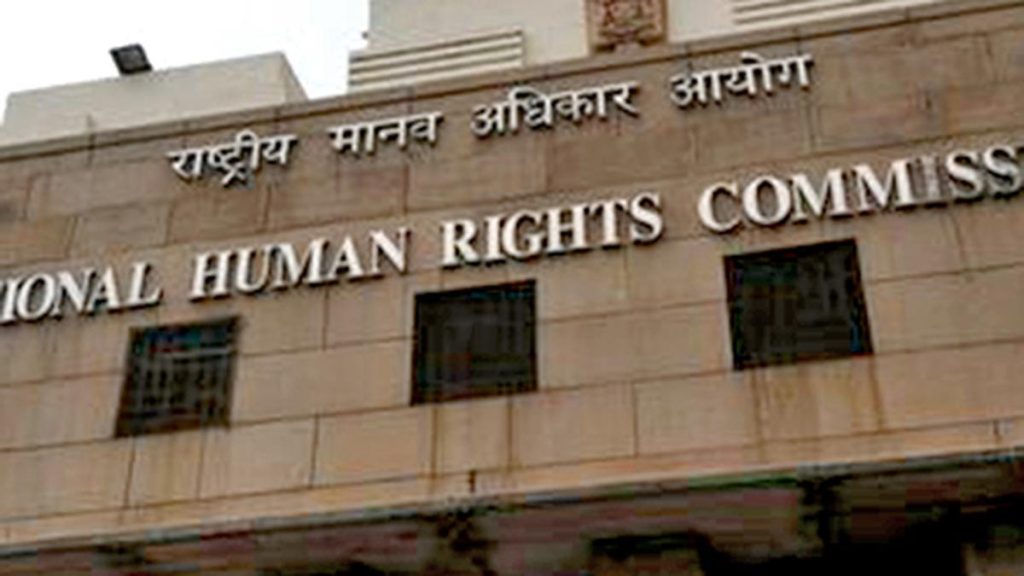Now Reading: Graphic Killings Spark Debate on Social Media Regulation
-
01
Graphic Killings Spark Debate on Social Media Regulation
Graphic Killings Spark Debate on Social Media Regulation

Swift Summary
- Jill Murphy, an advocate for child-safe technology, found her own 15-year-old daughter exposed to graphic video content of Charlie Kirk’s murder through a classmate’s phone.
- Recently, violent acts such as Mr. Kirk’s shooting adn the stabbing of ukrainian refugee Iryna Zarutska have circulated widely on social media, sparking debates about algorithmic safeguards and content distribution.
- Lawmakers in Utah previously attempted legislation regulating children’s access to social media after reports linking these platforms with rising anxiety among youth; though, the proposals faced legal hurdles.
- Experts like Johannes Thrul from Johns Hopkins emphasize holding tech companies accountable for how algorithms recommend content beyond children-to all users-given the disturbing nature of violent media shared online.
- Platforms like TikTok and meta claimed to implement measures limiting exposure to sensitive footage following this week’s incidents but acknowledged the prevalence of such material on their sites nonetheless.
- Studies reveal that 70% of teenagers see real-life violence on social media yearly-most not intentionally seeking it-but encountering it via algorithmic recommendations like “for you” feeds.
- Advocacy groups such as National Parents Union support legislation like the Kids Online Safety Act aimed at enforcing stricter standards for tech companies regarding user safety.
Image Caption: Tennessee Senator Marsha Blackburn speaking about safeguarding children online during a news conference.
Indian Opinion Analysis
the distressing incidents highlight how unfiltered algorithm-driven recommendations across social media platforms pose notable challenges for global societies-not limited by geography but applicable universally-including India where digital penetration is rapidly expanding.The exposure of violent imagery may particularly affect vulnerable demographics, potentially increasing anxiety or trauma among youth already navigating heavy smartphone usage.
While the U.S.-specific legislative measures referenced (e.g., Kids Online Safety Act) reflect concentrated efforts aimed at accountability within tech regulation frameworks, they spotlight an significant question globally: Should India revisit its oversight mechanisms around digital ecosystems? Despite existing guidelines under frameworks like IT Rules 2021-which mandate stricter moderation-it appears worth exploring cross-stakeholder alignment between policymakers and private-sector firms addressing systemic problems reinforced by artificial intelligence algorithms.
India stands uniquely poised due to both high internet adoption rates combined w/sizable sensibilities embedded towards ensuring equitable cyberspaces protecting welfare structurally representing considerations families experience today Globally
























